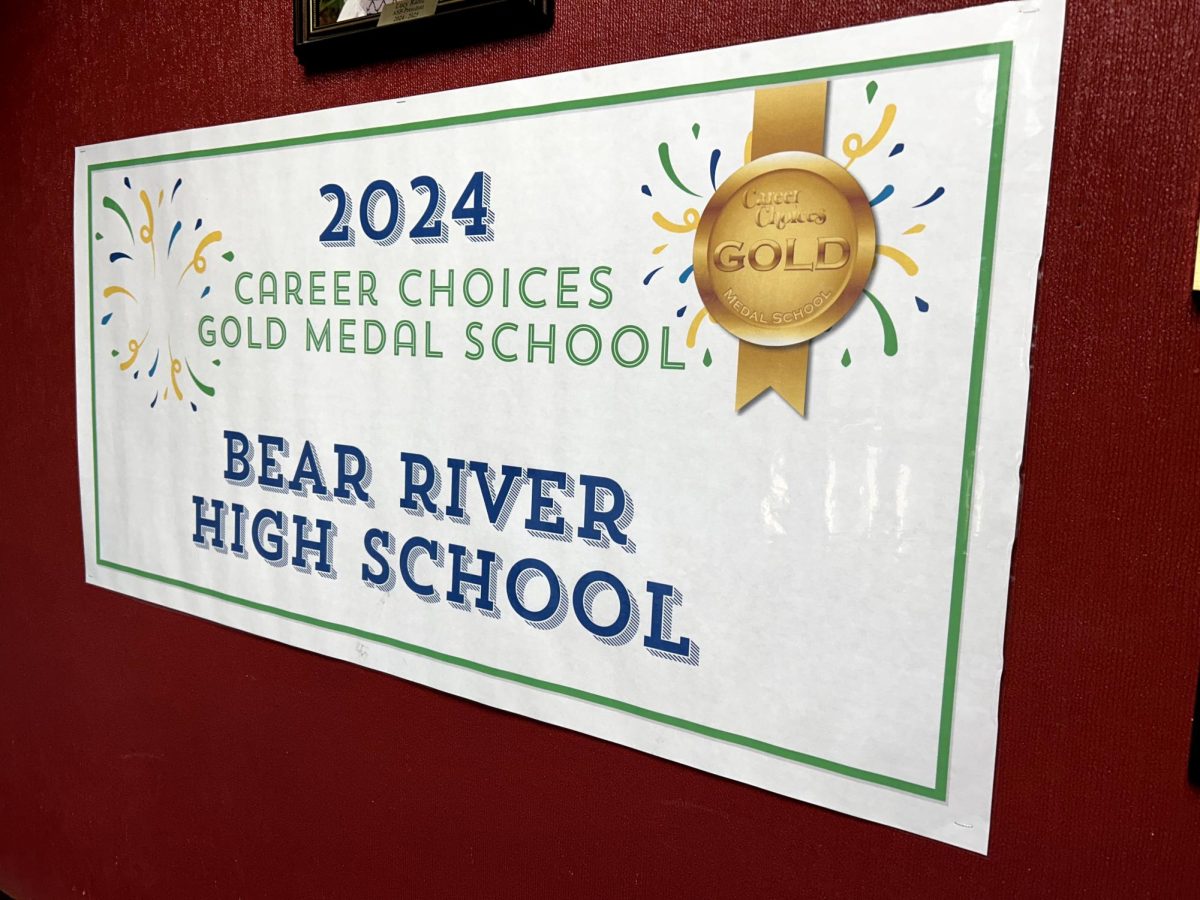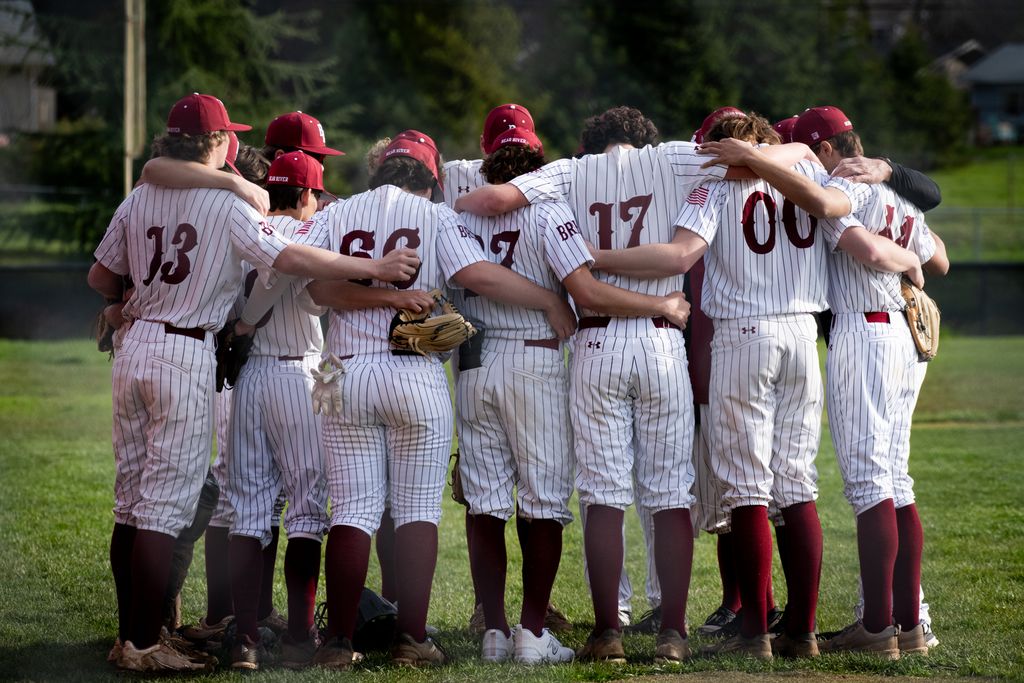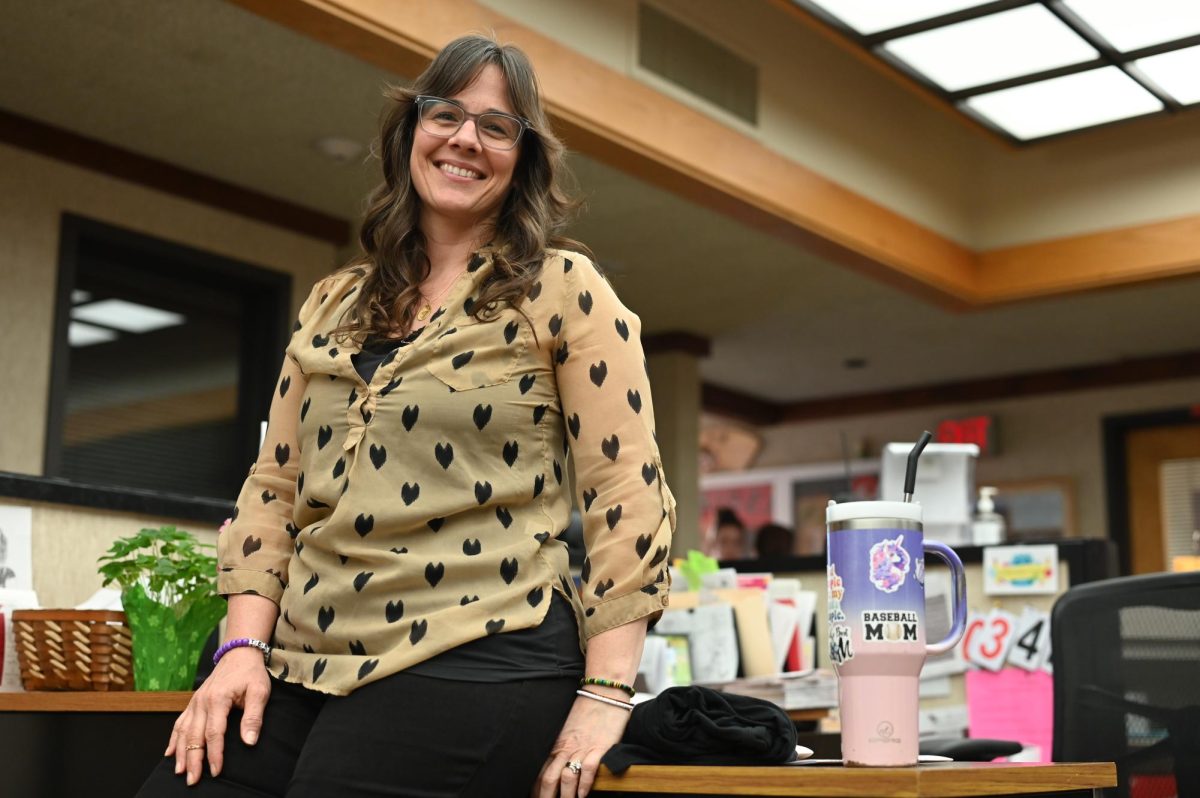Changes in society following the COVID-19 pandemic is afoot, striving to minimize the probability of mass numbers of cases. Schools have been one of the institutions severely affected, many closing and transitioning staff and students into online learning. For the class of 2021 in particular, changes in the college application requirements affects how a student might be considered regarding their versatility and academic excellence.
Though these requirements vary depending on the college, many will be accepting Pass / No Pass grades from junior year, the SAT and ACT requirement being removed from consideration, and emphasizing the importance of volunteer work and how students’ time in quarantine was spent to better understand the student beyond their academic abilities.
Counselor Cindy Henry-Grimm described the current progress of finalizing and adjusting these requirements.
“At this time, most colleges are mulling over their options,” she said. “ … Many are expressing that they will be looking at the more holistic view of the student … [Though] since no one can currently predict where we will be a year from now most are looking at more flexibility in admissions … There are a lot of conversations at all levels because of the uncertainty of what education will look like next year. Other than those requirements, overall, most everything else is tentative.”
Some juniors expressed their feelings towards these changes, all with similar sentiments.
“I personally like some of the new requirements,” said Junior Maddie Meilinger. “I think some of the requirements are better because they are a lot more general and easy-going, but I also think some are a little unfair to the people that have put a lot of effort into school versus people that don’t really try in school and will now be able to get into college just as easily.”
“I think the new requirements have adapted well to help students during this unusual time,” said fellow Junior Olivia Lyman. “[These new requirements are] opening a way for more people to get into college since it is not all so dependent on grades. I think these requirements are better.”
“I feel good about the new requirement, and I think they’re just as good as the regular requirement,” said Ava Graham, a junior.
“It’s interesting because this can be good or bad depending on the student,” said Junior Noah Dunhower. “I think it’s great that they are being more lenient about this past year, since everyone was affected in ways they had no control over.”
In pursuit of securing the safety of students and to ease the stresses in this unprecedented time, both the SAT and ACT requirements have been stalled for an undetermined amount of time for a number of colleges in hopes of establishing a “more permanent end to the use of SAT and ACT scores in admissions,” according to edsource.org.
Dunhower continued to explain his point of view on this development.
“I think the SAT/ACT requirement is fine if it’s optional, but any student who does do well on them will have an easy advantage over people who don’t,” he said.
While some of the new changes in college admissions prove to ease the stresses of applications for many juniors, others are seen as a new challenge to many, such as how students’ time in quarantine was spent.
“I don’t think colleges should be concerned with what students spent their time on during the closure, since a lot of us did not react well to such a drastic change,” said Dunhower. “Some did though, so there is a lot of variability to it that I don’t think colleges should waste time thinking about.”
Meilinger shared a similar opinion.
“I’m a little worried that colleges are looking a good deal at how we spend our time during quarantine because I didn’t really do anything during quarantine … [since] there wasn’t exactly a whole lot we could do when everything was closed,” she said. “I did my homework, but besides that I just kind of sat at home and watched Netflix.”
However, Ms. Henry-Grimm conveyed a different message when it came to this new change in applications.
“This harkens back to how we cannot always control our environment, but we can always control how we deal with it,” she said. “Colleges are always looking for students that will be successful under any circumstance. Students can use this time to explore new interests, research things that interest them, keep up their grades (so people writing letters of recommendation can brag that they maintained their good grades during this time). Create, invent, research, innovate. All powerful things for you to write about and have written about you.”
Lyman, however, expressed a different concern she held.
“One concern I have about the requirement is the different weight each [requirement] holds, like how volunteer work would be more important than other methods,” she said.
Ms. Henry-Grimm justified these concerns, but also addressed how these changes are a better method of weighing college admissions.
“The downside is that it is different,” she said. “Change is hard. For a culture that has been accustomed to testing for everything, it puts new accountability on the student to become more aware of what they want and the responsibility to continue on that path without the validation or comfort of a test score … [However], I think the benefit is that it can reflect more on who that student really is and what they are capable of.”
A couple of students divulged their thoughts about how these changes benefit the class of 2021.
“I like that these new requirements open the door to knowledge to more people of different talents. and that there is more to an individual than their grades which qualify them for further education,” said Lyman.
“I like some of the requirements such as not looking at our first semester grades as heavily and then only using pass/fail for the second semester,” said Meilinger. “I also like how the SATs aren’t required anymore, because apparently if you do choose to take it, it can help you earn more scholarship money, and I took the SAT right before the quarantine started.”
These changes were made in tandem and response to the pandemic, a time uncertain and unprecedented for teenagers around the world. Ms. Henry-Grimm showed her understanding for the situation juniors are faced with.
“We all understand what this unprecedented situation has done for students,” she said. “The confusion, the loss of normal, the uncertainty of when normal will return. But this is also an opportunity to become the person that we know you can be. Use this opportunity to look at what you want your future to be and do what you need to do to get there.”



































